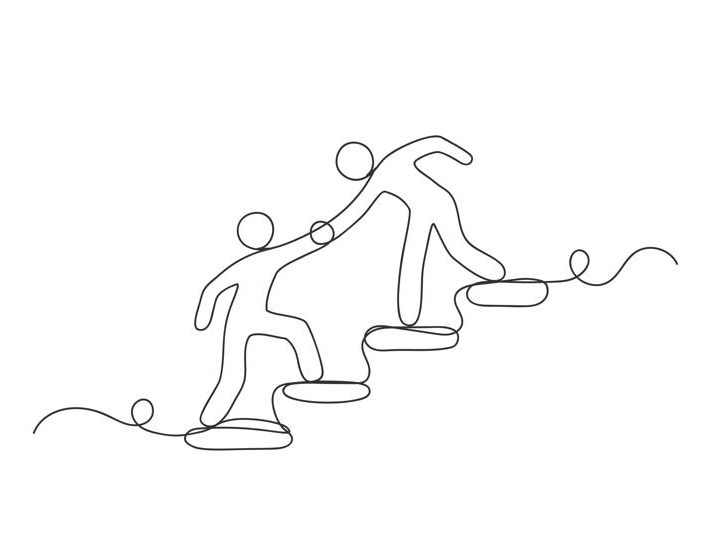We all know exercise is good for us. Truth be told, doctors have been telling their patients they need to be active. I don’t know if Hippocrates ever said use it or lose it, but he was the first recorded doctor to prescribe exercise to his patients. Two millennia later, I’ve found that my daily walk with a friend (at 5am no less), has been a lifesaver. Putting one foot in front of the other while we talk about everything hasn’t just been good for my physical health, it has been life changing. And I’m not alone in this.
Walking Creates Change
Carol Welch said, “Movement is a medicine for creating change in a person’s physical, emotional, and mental states.” She’s not wrong. More importantly, she’s not alone in urging us to get up and move.
Staying active reduces the risk of disease according to Kristen Schuyten, D.P.T. with University of Michigan Health MedSport. Study after study confirms that physical activity is one of the best things we can do to improve our lives. Research has shown that simple exercise, like walking, can:
- Lower the risk of recurrent breast cancer by 50%
- Lower the risk of colon cancer by more than 60%
- Lower the risk of developing Alzheimer’s disease by 40%
No matter when you start, walking can have a measurable and positive impact on your health. A recent study noted that older adults who walk 3-4 miles each day were 40-50% less likely to have a heart attack or a stroke compared to those who walked only a mile per day.
But it’s not just about helping to avoid or reduce illnesses like Type II diabetes, walking can:
- Enhance cognitive function
- Improve alertness and concentration
- Reduce anxiety and stress
Beyond the benefits of a natural energy boost, a daily walk can stimulate the appetite and help you sleep better and longer. But walking has more than medicinal benefits.
Endless Discovery
Taking a walk gives us more time. Time with ourselves or shared with a friend. As a non-destination-driven activity, a walk allows our minds to follow an inner path rather than a prescribed agenda. A popular advocate for a morning walk, Libby DeLana says walking is when she knows herself most clearly.
Study after study has found that the simple act of walking can unleash your creativity. And it doesn’t take a hike to accomplish this. One study confirmed that just walking up 4 flights of stairs is enough to enhance divergent thinking (finding new solutions) and convergent (single, correct solution) thinking.
Use It or Lose It
For seniors, staying physically and mentally healthy is a key factor in their plans for aging. “As long as I can” is a frequent modifier they use when talking about their future. Their physical abilities, mental health and social interactions are the unspoken basis for those plans. If they understood the power of a 10-30-minute walk, the features often found in senior living communities, like a walking trail or a walkable neighborhood would be transformed into significant personal benefits.
Imagine the power of personal stories of individual residents. Instead of the usual litany of features like on-site medical teams and fully equipped fitness centers, highlighting actual results would differentiate your community from the competition.
Whether you’re looking for new ideas or time for yourself, I’d love to chat with you about the power of a walk. Even if it’s just for a virtual stroll.





